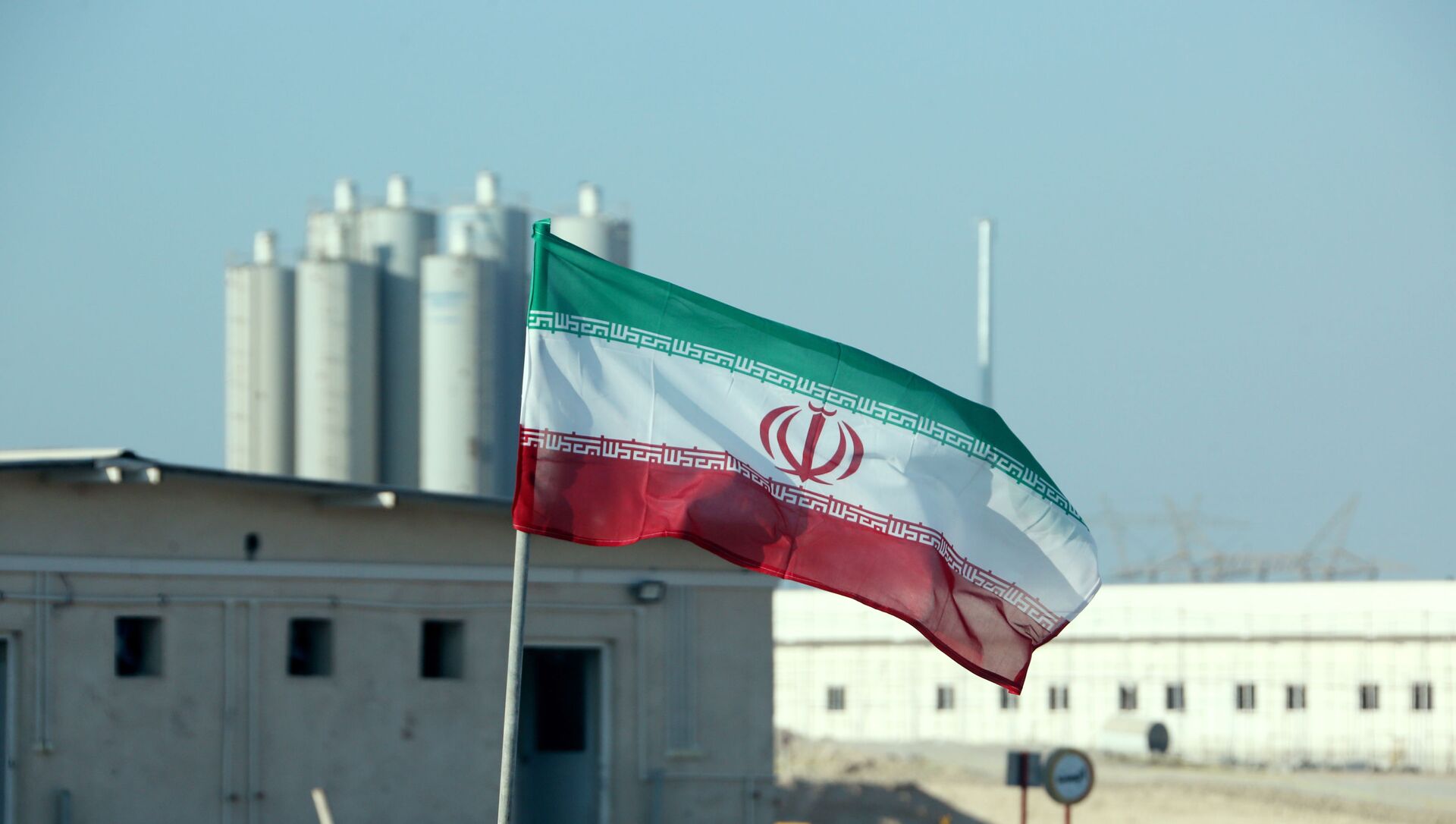During an interview last month on Lebanese state TV, former Iranian diplomat Amir Mousavi revealed that if Israel or the US take “dangerous” steps, Iran’s Supreme Leader Ayatollah Ali Khamenei may reverse the religious fatwa or ruling that prevents the acquisition, development or use of nuclear weapons.
Under the 2003 fatwa, or nonbinding Islamic legal ruling, nuclear weapons are considered against Islam.
“A fatwa is issued in accordance with developing circumstances. Therefore, I believe that if the Americans and Zionists act in a dangerous manner, the fatwa might be changed,” Mousavi said in an interview with the Lebanese al-Mayadeen TV, the Times of Israel reported.
During the interview, Mousavi also claimed that former US president Barack Obama “was forced to sign the nuclear agreement with Iran” after the downing of an American unmanned aerial vehicle by the Islamic Revolutionary Guard Corps (IRGC) in 2011 because “he strived to win the Nobel prize.”
“Iran is holding some significant cards, which it can use to force President [Joe] Biden to return [to the JCPOA] with no preconditions,” noting that “the Iranian leadership is not in a hurry,” Mousavi also added, commenting on the revival of the Iran nuclear deal.
“As the Americans delay carrying out their obligations and lifting the sanctions, Iran will further develop its nuclear and defensive capabilities. I believe that the international community is the one that stands to lose and not Iran,” Mousavi added.
In a briefing Tuesday, US State Department spokesperson Ned Price said the US and Iran are a “long way” from a return to the 2015 nuclear deal.
Price also added that Biden has been “very clear” that “if Iran comes back into full compliance with its obligations under the [deal], the United States would do the same, and then we would then use that as a platform to build a longer and a stronger agreement that also addresses other areas of concern.”
In a Tuesday report, the International Atomic Energy Agency revealed that Iran has continued to accelerate its nuclear program in recent weeks by enriching uranium and installing new centrifuges at its underground Natanz plant, Reuters reported. After ex-president Donald Trump unilaterally pulled out the US from the JCPOA and reinstated the sanctions against Iran, the latter announced a phased reduction of its obligations under the deal, abandoning restrictions on nuclear research, centrifuges, and the level of uranium enrichment.
Iranian Foreign Ministry Javad Zarif said in an interview with CNN on Monday that Iran does not intend to build a nuclear weapon, arguing that if it did, it would have done it “some time ago”.
He also proposed that EU foreign policy chief Josep Borrell could “choreograph” the establishment of the Iran-US dialogue on returning to the nuclear deal.


